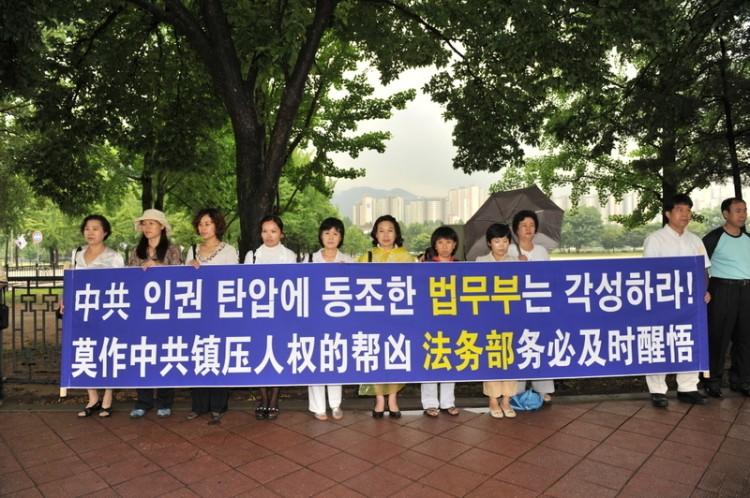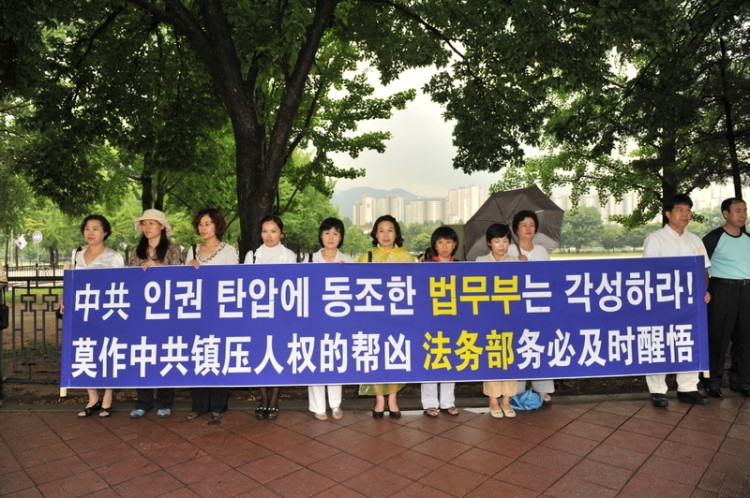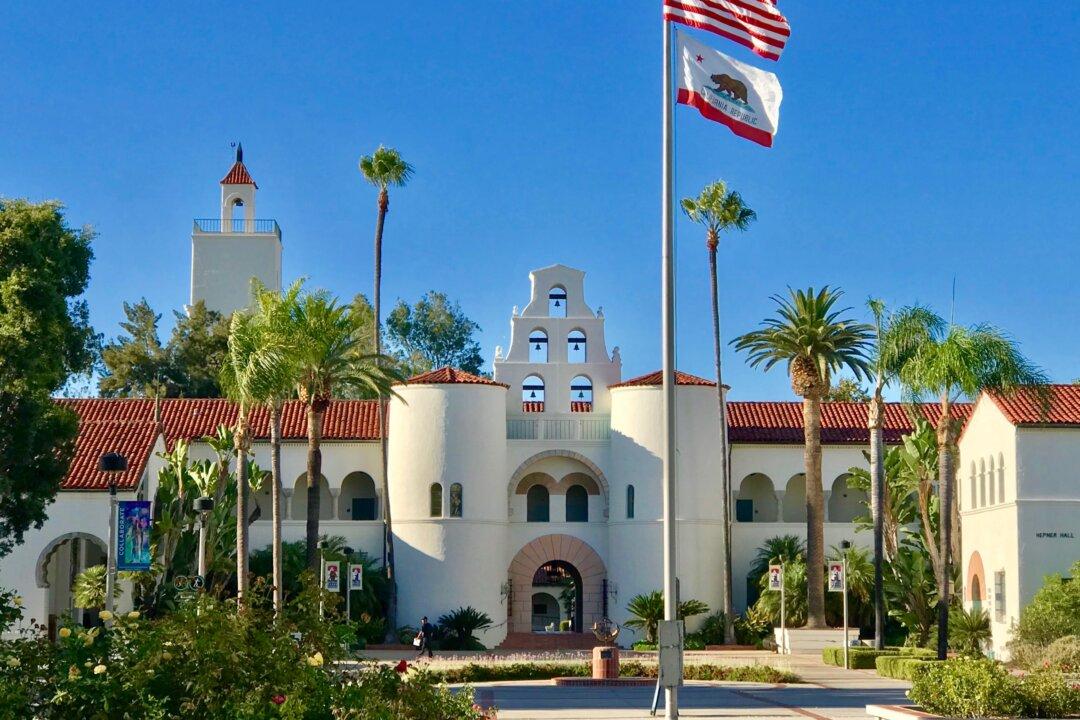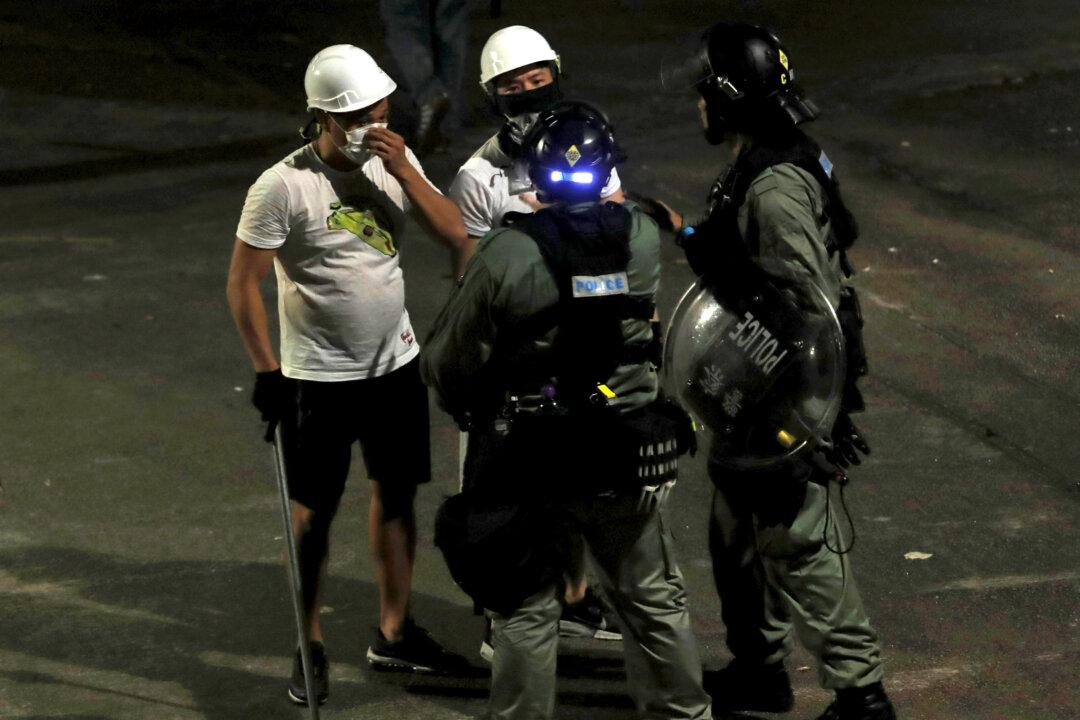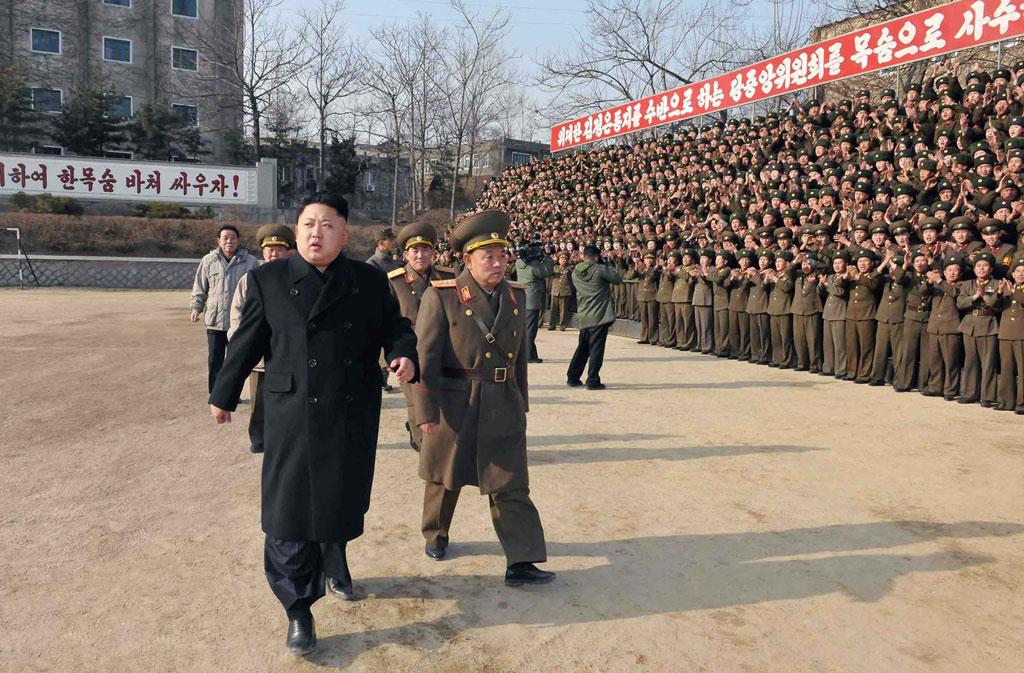South Korea Deports Falun Gong Practitioners, Yielding to Chinese Regime Pressure
South Korea has deported 10 Falun Gong practitioners to China in violation of U.N. Refugee Convention.
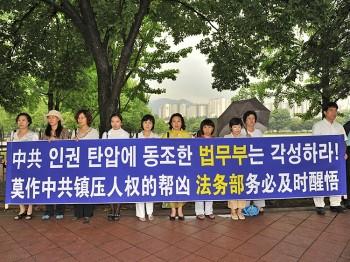
Falun Gong practitioners in South Korea are displaying a banner at a press conference in front of the Korean government building complex in Gwacheon on Jan. 24, 2011, protesting South Korea's decision to deport Falun Gong practitioners back to China. Th Jin Guohuan/Epoch Times
|Updated:
